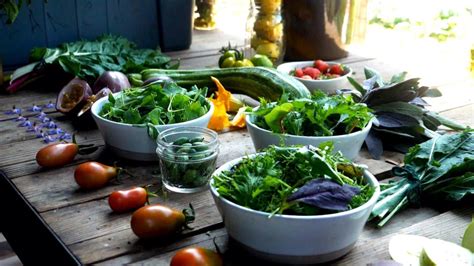
In a world increasingly aware of environmental issues, millennials are championing a transformative approach to agriculture: regenerative farming. This innovative method takes a step beyond traditional farming practices, placing a premium on restoring and enhancing the health of ecosystems. Rather than simply aiming for maximum yield through chemical inputs, regenerative agriculture focuses on cultivating a harmonious relationship with nature, enhancing soil health, biodiversity, and the resilience of our food systems.
At the heart of regenerative farming is the crucial concept of healthy soil. Farmers proactively engage in practices like reduced tillage and the incorporation of organic matter, such as compost …
In a world increasingly aware of environmental issues, millennials are championing a transformative approach to agriculture: regenerative farming. This innovative method takes a step beyond traditional farming practices, placing a premium on restoring and enhancing the health of ecosystems. Rather than simply aiming for maximum yield through chemical inputs, regenerative agriculture focuses on cultivating a harmonious relationship with nature, enhancing soil health, biodiversity, and the resilience of our food systems.
At the heart of regenerative farming is the crucial concept of healthy soil. Farmers proactively engage in practices like reduced tillage and the incorporation of organic matter, such as compost and cover crops, to enrich the soil and promote microbial diversity. A thriving soil ecosystem not only supports robust plant growth but also plays a critical role in water retention and nutrient cycling—foundational elements for sustainable agriculture.
Championing biodiversity, regenerative farming encourages the use of diverse crops, integrated livestock systems, …